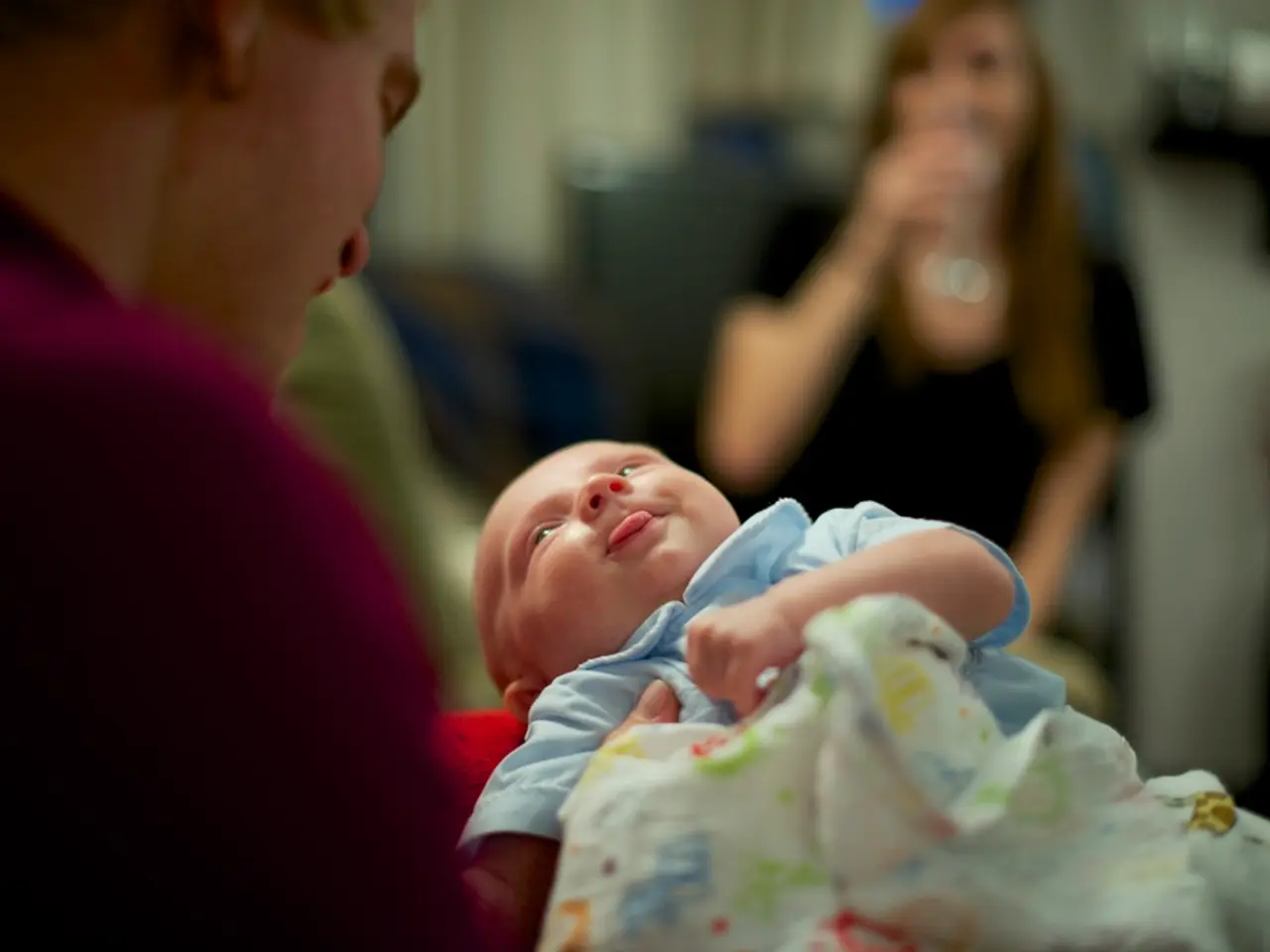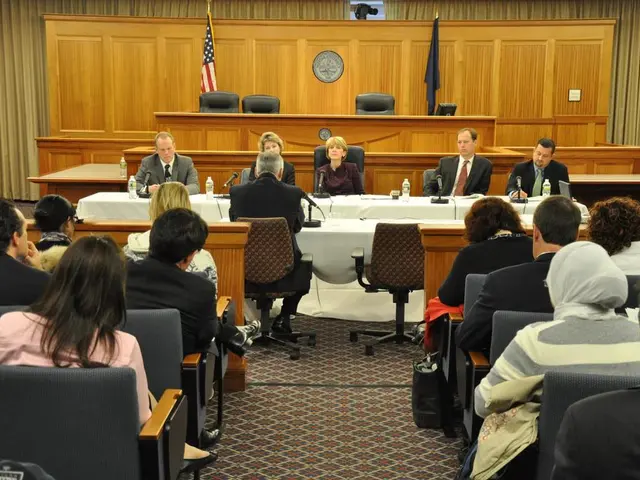Seeking Advice from a Specialist in Reproductive Medicine
In the journey of starting a family, understanding when to seek professional help can be crucial. Here are some key factors to consider.
Firstly, age plays a significant role in fertility. Couples under 35 years of age, who are healthy, may take about a year to conceive. However, if after twelve months of unprotected attempts without using any birth control, conception has not occurred, it's advisable to consult a fertility specialist.
For women over 35, the fertility decline is faster. If you are 35 or older and have been trying for six months without success, it's recommended to seek a fertility specialist's advice. If you are 40 or older, early consultation, even after three months, is advisable due to the rapid fertility decline at this age.
Irregular or absent menstrual periods can indicate ovulation issues, which should prompt a visit to a fertility specialist. Additionally, if you have a history of multiple miscarriages, known reproductive conditions like Polycystic Ovary Syndrome (PCOS) or endometriosis, or male partner fertility issues, it's important to consult a specialist promptly rather than delay.
Family history of early menopause (mothers or aunts reaching menopause at an early age) may impact your fertility, so it's essential to consult a fertility doctor to understand your timeline for conception.
Other factors that may necessitate a visit to a fertility specialist include significant health issues or past medical problems such as diabetes, kidney or heart conditions, hypertension, and cancer survivors. Thyroid problems can also be connected to fertility issues, so if you have a thyroid problem, you should consult a doctor.
Your Body Mass Index (BMI) can also affect your fertility. If your BMI is either above 30 or below 18, you may have trouble conceiving. Reaching a healthy BMI is important before trying to get pregnant.
When visiting a fertility specialist, be prepared to discuss your medical history, ask questions about treatment options, potential side effects, and success rates, and inquire about insurance coverage. Remember, there are now some medical interventions that can help couples have their own babies even when it can sometimes feel impossible.
In conclusion, while persistence is key in trying to conceive, early consultation with a fertility specialist is recommended to prevent complications, especially for women over 35 or 40. If you experience unusual pain or irregular periods, seek medical advice immediately as it may indicate a reproductive system issue. A reproductive endocrinologist, a specialized gynaecologist/obstetrician who deals with fertility issues, can provide the necessary guidance and support during this critical period.
Read also:
- Eight strategies for promoting restful slumber in individuals with hypertrophic cardiomyopathy
- Exploring the Strength of Minimally Digestible Diets: A Roadmap to Gastrointestinal Healing
- Secondhand Smoke: Understanding its Nature, Impact on Health, and Additional Facts
- Overseeing and addressing seizure-induced high blood pressure complications in pregnancy, known as eclampsia







